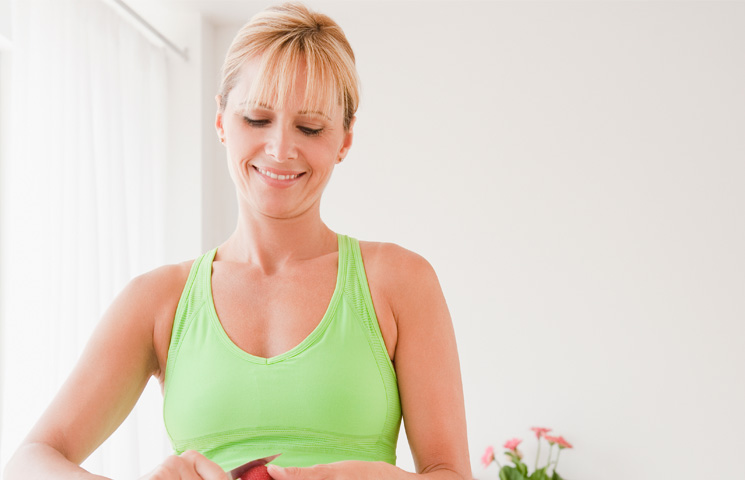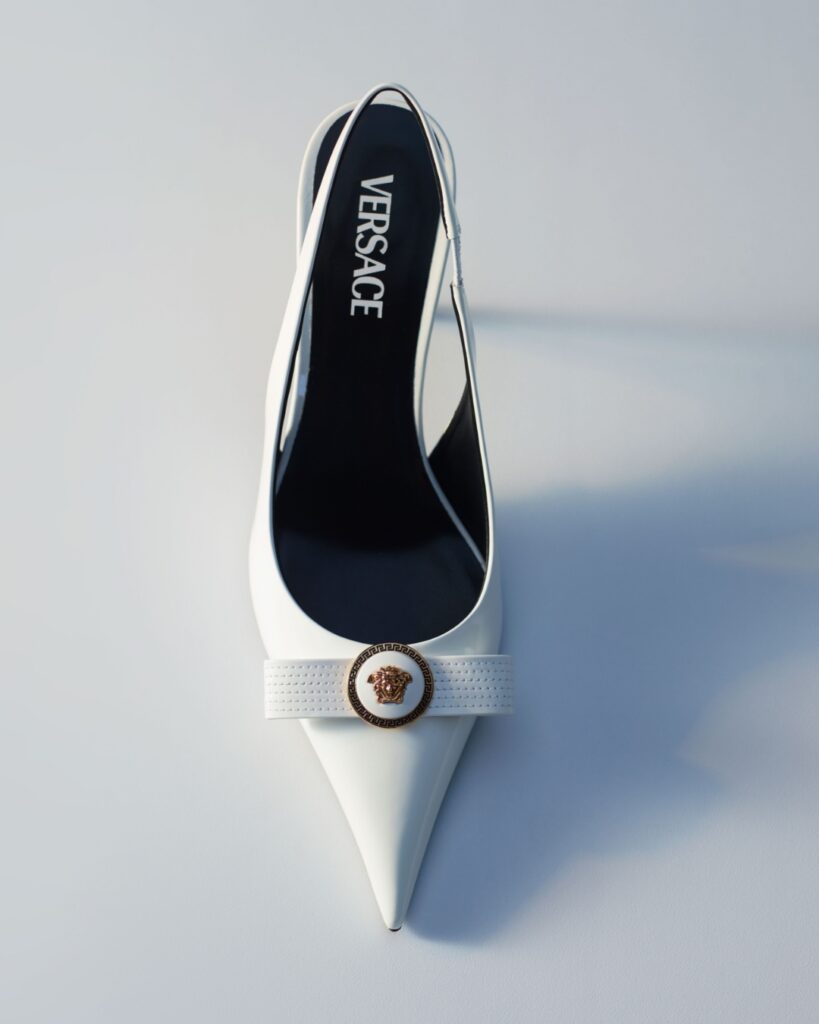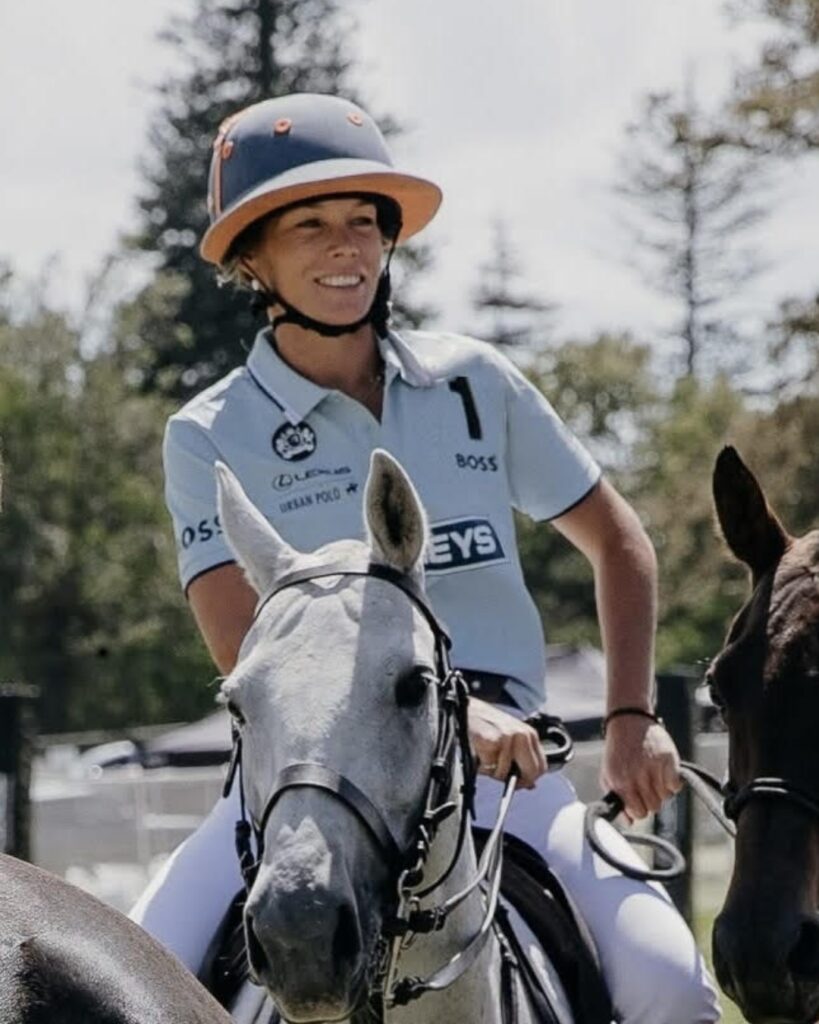It is true that eating less while exercising more will make you leaner and fitter – but only up to a point. If you normally spend your days eating chips and lollies on the sofa then yes, eating less and exercising more will be good for you without a shadow of a doubt.
But remember that the less you eat, the better your body learns to cope with fewer calories. If you constantly try to survive on too few calories and nutrients, your body will adapt and learn to maintain on that intake. It is a human survival mechanism and how our bodies cope in times of famine and hardship. So, the less you eat while you lose weight the harder maintaining that weight loss will be.
This partly explains why diets fail and we find ourselves back where we started. If you have been surviving on fresh air, you only have to look at a piece of cake and your body will grab it and store it as fat.
The more calories and nutrients you take in while losing weight, the more you can eat when you get to the maintenance stage. Your goal should be to turn yourself into a food and fat-burning machine, by stoking up your metabolism. To do this it is necessary to put nutrient-dense fuel into the furnace to keep the fire burning fiercely.
What you eat before and after exercise is also important to maximise fat loss, prevent muscle loss and to refuel optimally so you can exercise to your full potential and therefore burn more calories the next time you train.
Food is fuel
So many women don’t eat enough, often enough. They may be overweight but many are also malnourished, they have no energy to exercise and a dire metabolic rate. It doesn’t matter if you eat paleo, sugar-free, gluten-free, vegetarian, vegan, high-carb/low-fat or low-carb/high-fat, it’s time to stop starving yourself and eat to fuel your body to be the best it can be.
If you are a 70kg woman, you will burn approximately 400-800 calories per hour during exercise, depending on how hard you work. Most of that energy comes from glycogen, which is stored energy in your muscles, and some of it will come from stored body fat. Replacing muscle glycogen quickly is very important – and it’s not just what you eat that matters, but also when you eat it.
After exercise your muscles are stimulated to increase their uptake of carbohydrate and amino acid (protein). Eating a ratio of 1g of protein to 3-5g of carbohydrate has been found to work best. Protein helps muscle fibres mend, while carbohydrate refuels the glycogen stores.
While this is going on your body will continue to burn fat as a fuel. For best results, eat within 30-45 minutes of exercise. Once you miss this timeframe the opportunity is lost and you may end up storing your recovery meal as fat rather than using it to replenish your muscles.
Refuelling correctly can improve exercise performance markedly. Some examples of good post-workout foods are: low-fat chocolate milk (honestly!), a branded recovery shake or smoothie, banana blended with high-calcium milk and yoghurt, a chicken salad roll or pita pocket, and poached eggs on wholegrain toast.
Stay hydrated
Hydration is another very important factor. Being in a dehydrated state will slow your metabolism. Every process that turns food into energy – from your saliva right through to your digestive tract – requires water. You will not burn optimal fat if you are dehydrated. We also need water to keep the synovial fluid in our joints maximised to help to prevent injury.
– From the editors of Good Health Choices











